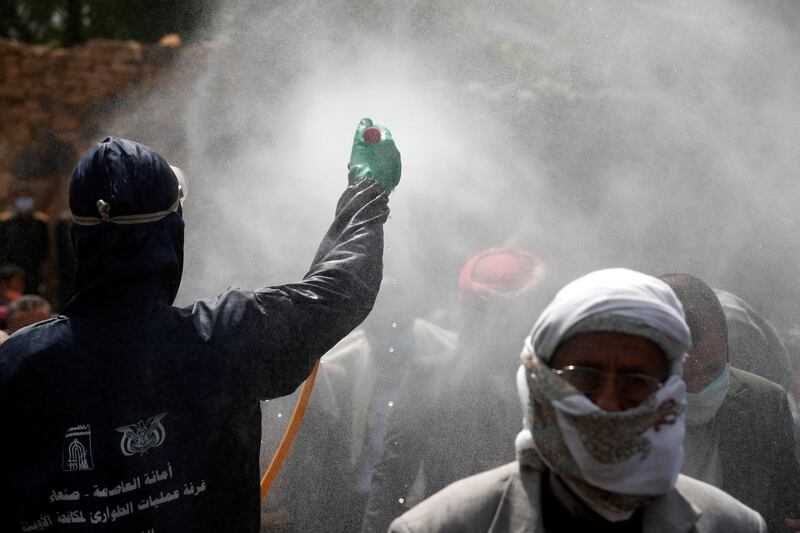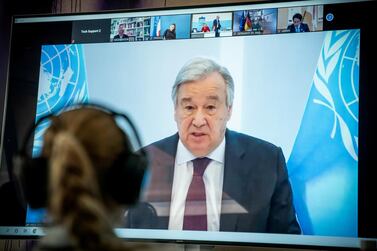United Nations agencies said on Friday they will have to shut down 75 per cent of their aid programmes in Yemen in the next few weeks unless they receive more funds.
A pledging conference co-hosted by the UN and Saudi Arabia earlier this month managed to raise $1.35 billion for Yemen, about $1bn short of its target, but only 47 per cent of the funds have been received, the UN said.
"More than 30 of the 41 UN-supported programmes in Yemen will close in the coming weeks if additional funds are not secured," UN human rights spokesman Rupert Colville told a briefing in Geneva.
The UN children's agency Unicef said its assistance to 4 million Yemenis would end without more funding.
"Unless Unicef receives $30 million by the end of June, water, sanitation and hygiene services will start shutting down for 4 million people in July," spokeswoman Marixie Mercado said.
Unicef said more than 50 per cent of people in Yemen do not have access to safe water and more than 2 million children and pregnant women suffer acute malnutrition.
More than five years of civil war has left millions of Yemenis dependent on aid in what the UN has called the world's biggest humanitarian crisis. The coronavirus pandemic has exacerbated the humanitarian situation in a country where the healthcare system has collapsed as a result of the conflict.
Ms Mercado said Unicef had received only 10 per cent of $53m it seeks for coronavirus operations in Yemen.
“This will reduce its ability to provide protective equipment and medical supplies,” she said.
Yemen recorded its first coronavirus case in early April. Since then, there have been 591 cases and 136 deaths, according to latest figures from the country's national coronavirus committee.
Various agencies have voiced concern about the increase in cases as lack of funds brings life-saving programmes to a halt.
Humanitarian groups assist more than 10 million Yemenis every month. But financial support for their programmes has dwindled after the majority of donor states expressed fears that the Iran-backed Houthi rebels were interfering with aid distribution in areas under their control, intimidating humanitarian staff and threatening to tax international assistance.







